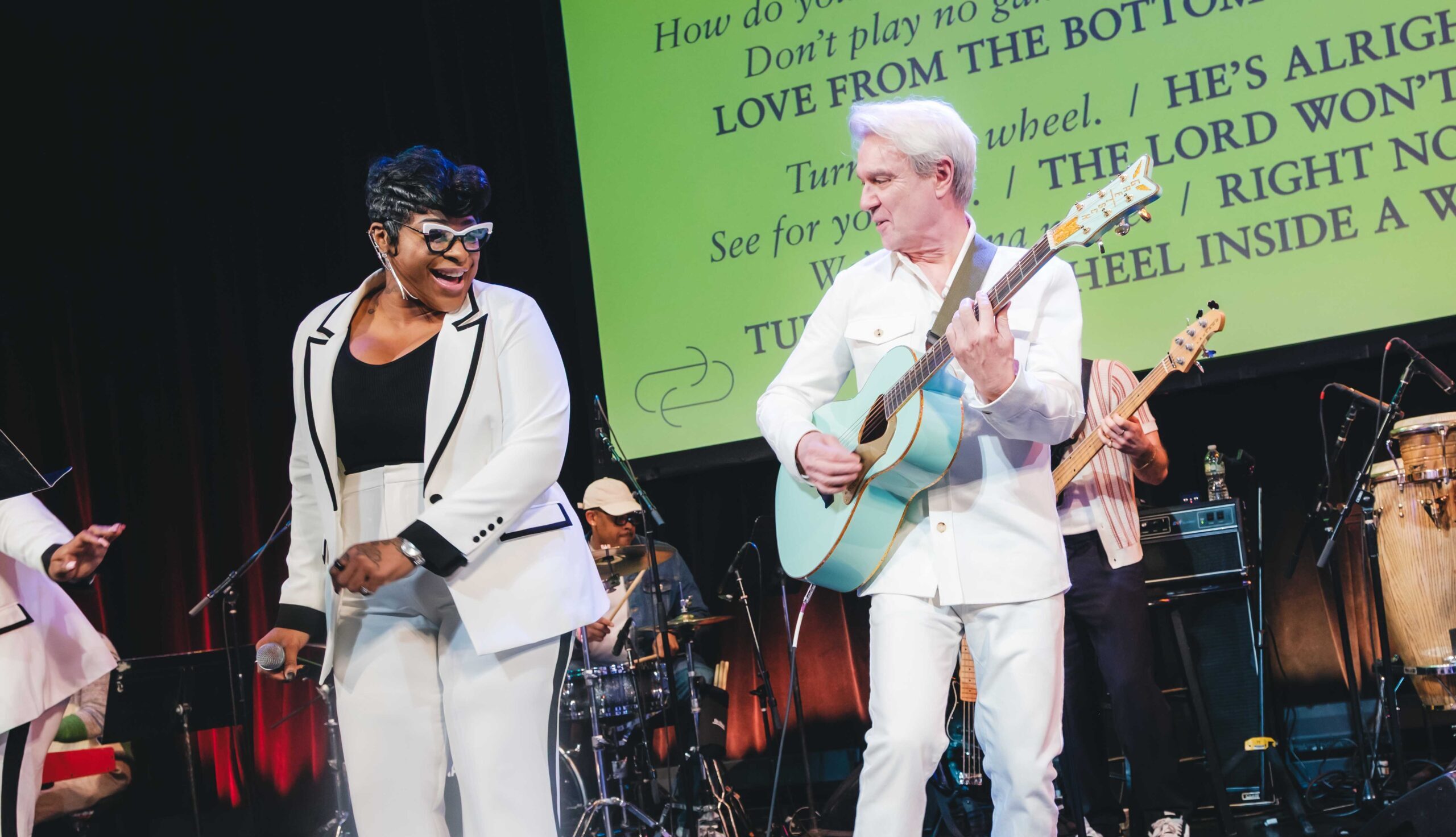Three great stories we found on the internet this week.
Track changes
Across the US, efforts are growing to make the outdoors more accessible to people with disabilities. In Minnesota, 13 state parks now offer track chairs, which can be borrowed for free. In place of wheels, these chairs have continuous bands of treads like you’d see on a tank or a caterpillar.
At one park, Split Rock, the chairs were tested, with officials tracking which routes fit the their ability and battery range. Out of the first 35 days that a chair was available at Split Rock, it was reserved 22 times. Other states, including Georgia and Michigan, also have track chairs in multiple locations.
Of course, these high-tech chairs are just one way of accessing a landscape (and not appropriate for certain kinds of protected areas). As Mike Passo, executive director of American Trails, explained, one of the most important ways to improve access is simply to communicate well: “Every person with a disability has different needs and if I understand what I’d be getting into, then I can choose the experience that’s going to be accessible to me.”
Vending support
Naloxone — the medication used to reverse opioid overdose, also known by the brand-name Narcan — is becoming more widely available. But some places, especially rural communities, are still seeking ways to effectively distribute it.
After the Johnson Health Center in northern Vermont began making the medication available throughout the building, Caroline Butler, the center’s founder, noticed that the naloxone boxes supplied in the restroom were disappearing the fastest. Why? The anonymity, she surmised. So, in an effort to make the medication discreetly available, the health center installed a naloxone vending machine. Enter a code, and out pops a box.
In its first month, the machine was used almost every day, and 107 boxes were distributed. “This community has been pretty hard hit,” Butler said. “And the naloxone machine actually has been a really good place for conversations to start.”
Pumped up
A heat pump revolution is underway in an unlikely place: Whidbey Island, in Puget Sound north of Seattle. The small island known for its natural beauty is on the path to decarbonization thanks to Kicking Gas, a coalition using a novel funding approach to make heat pumps affordable for the community.
Weighed down by negative news?
Our smart, bright, weekly newsletter is the uplift you’ve been looking for.For eligible households, Kicking Gas covers 20 to 50 percent of the installation costs and offers low-interest microloans for the rest. The project is backed by a $1 million grant from Washington State University, and the coalition has installed 117 heat pumps since October 2022.
“It’s revolutionary to be able to offer folks something that’s high quality and low cost and impacts human health in the ways in which it does,” said Ian Jackson, a Whidbey island resident who purchased a heat pump through Kicking Gas.










